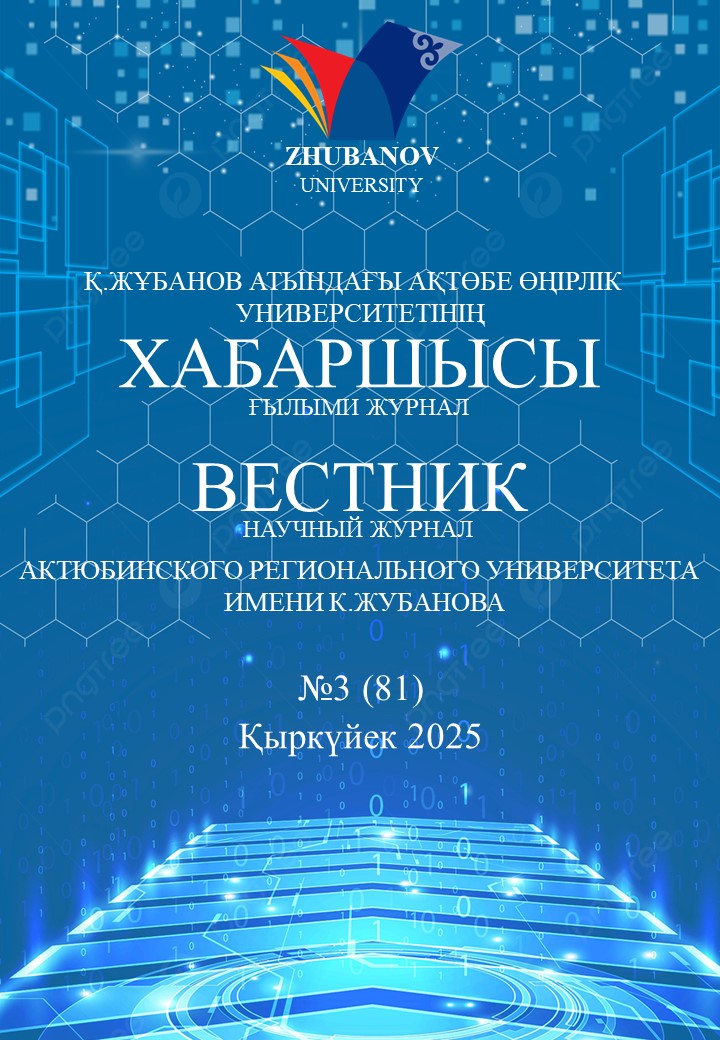The article explores the relationship between emotional culture and life balance in the professional activity of a teacher. Emotional culture is understood as a set of skills to recognize, regulate, and constructively express emotions, which directly affects the quality of pedagogical communication, resilience to stress, and the creation of a positive educational environment.
Life balance is considered in the context of the harmonious distribution of time, resources, and attention between professional, personal, and social spheres. Special attention is given to how a lack of emotional self-regulation and work overload can lead to emotional burnout, decreased motivation, and reduced professional effectiveness.
The article presents modern approaches to developing emotional culture, including components of emotional intelligence, reflective practices, and methods of self-support. Based on theoretical analysis and practical cases, it is concluded that a high level of emotional culture contributes to maintaining life balance, strengthening psychological well-being, and improving the quality of the educational process.
The author emphasizes that a well-developed emotional culture helps set boundaries, prioritize effectively, and maintain internal stability under external pressure. Special attention is paid to practical strategies for developing emotional competence as a foundation for psychological well-being. The article concludes that emotional maturity and emotional culture are key conditions for maintaining life balance, preventing burnout, and improving overall life quality.
The material may be useful for educators, psychologists, professional development organizers, HR specialists, and all those interested in emotional development and self-regulation.
SAUTENKOVA M.YU.
Candidate of psychological sciences, docent, K. Zhubanov Aktobe Regional University, Aktobe, Kazakhstan
E-mail: marina.sautenkova@mail.ru, https://orcid.org/0009-0001-6493-2726
- Вачков И.В. Психология преподавателя вуза: вызовы, ресурсы, поддержка. — М.: УРАО, 2021. – 187 с.
- Савченко И.В. Эмоциональное выгорание и профилактика в образовательной среде. — СПб: Речь, 2022.- 214 с.
- Гоулман Д. Эмоциональный интеллект. Почему он может значить больше, чем IQ. — М.: Манн, Иванов и Фербер, 2023.- 234 с.
- Шепелев И.Ф. Эмоциональный интеллект и фасилитация: инструменты XXI века в образовании. — Екатеринбург: Уралпресс, 2024.-278 с.
- Корпоративное обучение и коучинг: современные подходы и практики. — Под ред. Л.В. Громовой. — М.: НИЦ ИНФРА-М, 2020.- 213 с.
- Maslach C., Leiter M. The Truth About Burnout. — Jossey-Bass, 2020.- 380 p.
- Neff K. Self-Compassion: The Proven Power of Being Kind to Yourself. — HarperCollins, 2022. – S. 28–37.


